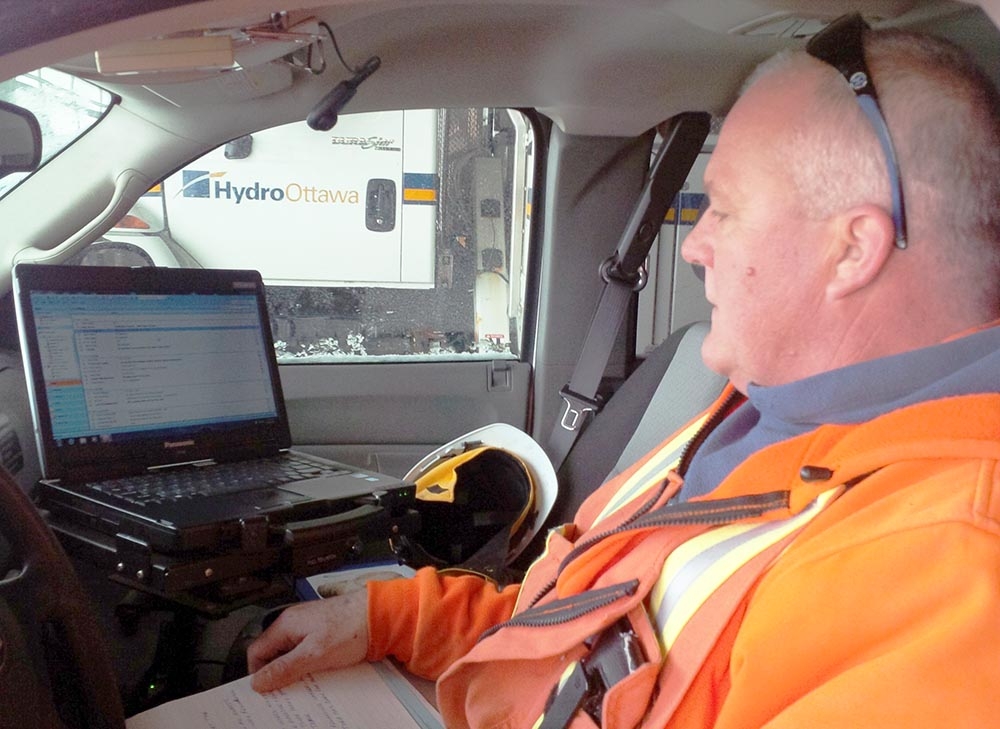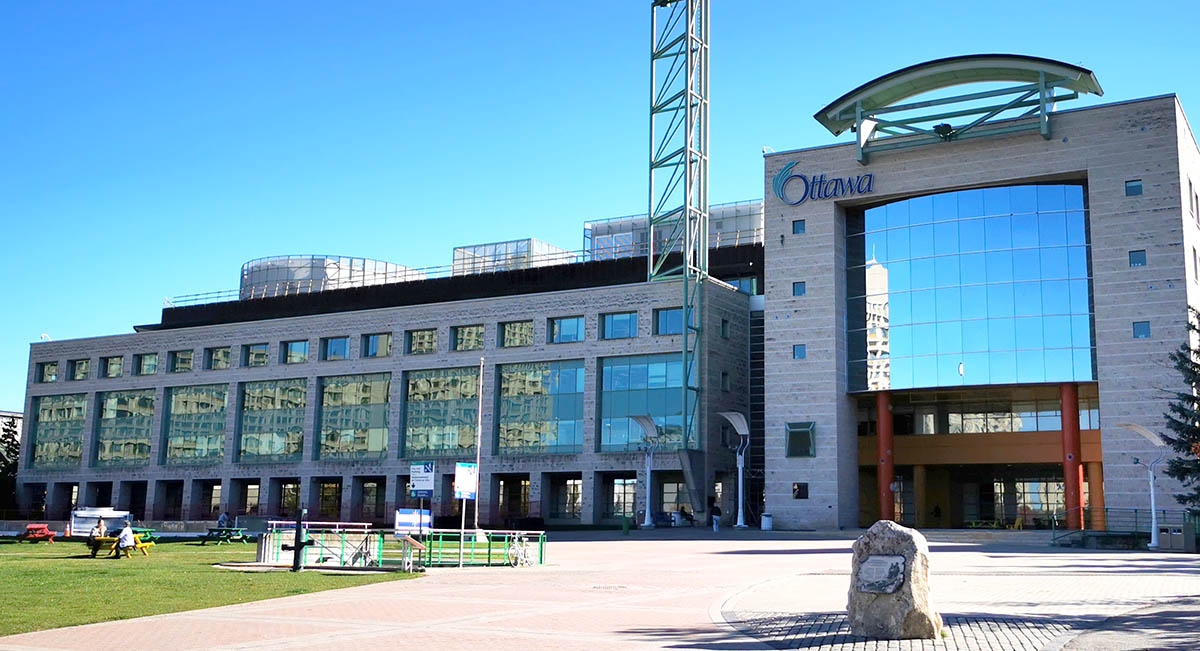
Expanded Police budget and electric bus skepticism key issue at Council budgetary meeting
Ottawa Mayor Mark Sutcliffe began today’s Council meeting by addressing the proposed operating budget and its provisions. Sutcliffe spoke about the harsh economic times ahead and stated that the city’s proposed financial plan for 2023 is a “tight budget” that would bring $54 million in savings and efficiencies to Ottawa.
The mayor said that despite the reduction in spending, the city will be investing “more in social services” and stated that if there is not the required financial support from the province and federal government, there will be significant pressure on city coffers, particularly those of infrastructure and transit.
Mayor Sutcliffe also noted that he created a task force to look into how to best invest in solutions for the ongoing mental health and addiction crisis in the ByWard Market and noted that the city would spend an additional $400,000 towards an anti-racism strategy and an Indigenous reconciliation strategy.
When speaking about the transit situation in Ottawa, where ridership in 2022 only returned to 60 percent of its pre-pandemic total, he said that budgetary amendments would be needed to “adjust the system to target the needs of the community.” The mayor further said that this will be the first time that city staff have applied a “climate change lens to the budget.”
Representatives from city staff, OC Transpo, the Ottawa Police Service, and Health Services were consulted. Interim City Manager Wendy Stephanson gave a brief speech on the budget, the work that has gone into the process, and the updated climate approach.
The city’s total budget for 2023 will cost $1.06 billion, with $223.2 million being funded through public debt. Ottawa still maintains a large cash reserve and a AAA credit rating from Moody’s.
Ottawa Police Services Board Chair Suzanne Valiquet, Chief Eric Stubbs, and Deputy Chief Steven Bell presented the draft budget for the Ottawa Police that includes a $15.2 million funding increase. Eighty-three percent of the budget is directed at compensation, 8 percent for materials, services, and supplies, 6 percent for equipment-related maintenance, and 3 percent for city program costs where the city and Ottawa Police are “integrated.”
Councillor Shawn Menard asked if the budget reflected any plan for improved community resources to deal with mental health and addiction that diverts these incidents away from the Ottawa Police Service. Chief Stubbs responded by stating that there should be improved community intervention but not at the expense of the police budget. The chief said, “I do see a demand, our membership, they’re overtasked, but they're overtasked with a number of things, and there are more demands coming.”
The Chair of the Ottawa Public Library Board, Councillor Matthew Luloff, presented the Library Board's requests for funds to hire more staff and proclaimed his pride in the library system having the most extensive bilingual catalogue in North America. The total operating budget of the library system is expected to be approximately $10 million.
The Ottawa Board of Health Chair Councillor Catherine Kitts and Chief Medical Officer Dr. Vera Etches presented the draft budget for Ottawa Public Health that includes a 1.5 percent increase in spending, but Kitts says the $128 million city health budget will be balanced with $99 million coming from provincial funding, $27 million coming from the city, and an additional $1.4 million coming from other revenue streams.
During the review of the Transit Commission Electric Bus Program funding, Councillor Riley Brockington voiced his skepticism about the pilot program, which included only four electric buses that have only been in service for the last calendar year. He asked OC Transpo head Renee Amilcar if she believed there was enough data to move forward with the program.
Amilcar reaffirmed her support for the purchase stating the four electric buses made it through last winter without issue and accumulated more than 200,000 kilometres. Councillor David Hill, who pushed for the motion to send the bus purchase funding review to the Transit Commission for review, asked that amendments be made so that there could be yearly reviews of the battery-powered bus program. Hill stated he had concerns about the “newness” of the technology.
Councillor Wilson Lo voiced his skepticism of the program. He noted that Toronto has done a much larger pilot project with electric vehicles and has not yet committed to a rollout. He said the four-bus pilot after a year is not an appropriate test for managing a larger fleet, nor is it a reasonable time frame to observe maintenance costs. The funding motion for the buses passed 19-6.
The final budget will be voted on in March. Council is scheduled to meet again next on February 8, 2023









